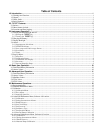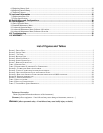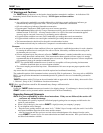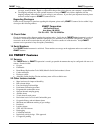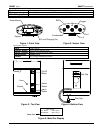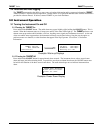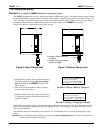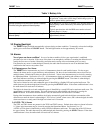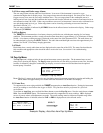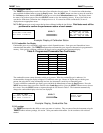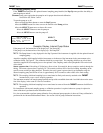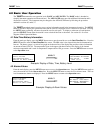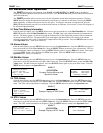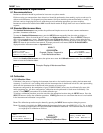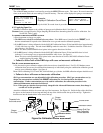
TARGET Series ENMET Corporation
6
Table 1: Battery Life
Normal operation with standard sensors
A fully charged NiMH battery pack may provide up to 18 hours
of operation. It may take several charge and discharge cycles to
achieve optimal battery performance.
Normal operation with BRH toxic sensor installed
Or while using the optional internal pump.
If the BRH toxic gas sensor is installed or the internal motorized
sample pump is used continuously, instrument operation time is
reduced.
Typical operation time with the BRH sensor or the activated
internal pump is 11 hours.
Normal operation with the BRH sensor and optional
internal pump.
Operation time with both the BRH sensor and pump activated is
approximately 8 hours.
3.3 Display Backlight
The TARGET display backlight automatically activates during an alarm condition. To manually activate the backlight,
quickly press and release the ON/OFF button. The backlight remains on for approximately 30 seconds.
3.4 Alarms
Never ignore an alarm condition!
In case of an alarm condition, follow your organization’s established
procedures for such a situation. If the cause of the alarm is an atmospheric condition, evacuating the affected area is
usually the first course of action, followed by ventilation and re-testing of the environment prior to re-entry.
If an alarm for any sensor is acknowledged (silenced), the audio alarm reactivates in case of an additional alarm
condition for that sensor or any others occur.
3.4.1 Instantaneous Gas Alarm
The TARGET Series instrument has two levels of instantaneous alarm for each installed sensor. For the oxygen
channel, the alarms are for oxygen deficiency and enrichment. For the toxic and combustible sensors, there are low
and high alarms. Default alarm values are shown in Section 9. Values in the instrument may be viewed by entering
the Operational Menu. See Section 4.2 or 5.2. All instantaneous alarms are latching and continue to activate audio
and visual indicators until they are acknowledged by pressing the SELECT button. If an alarm is acknowledged,
visual indication continues until the condition clears.
The low level alarm for toxic and combustible gases is identified by a flashing LED and a pulsed audio tone. The
audio alarm may be acknowledged and silenced by pressing the SELECT button. If the alarm condition doesn’t clear,
the audio alarm will reactivate in 10 minutes.
The high level alarms for toxic and combustible gases is identified by a steady LED and a continuous audio tone. The
oxygen alarms act in this same manner. The audio alarm may be acknowledged and silenced by pressing the
SELECT button. If the alarm condition doesn’t clear, the audio alarm will reactivate in 5 minutes.
During either instantaneous alarm condition, the display automatically peak holds the highest concentration of the
affected sensor until the alarm is acknowledged. If a low level “pulsed” alarm occurs, and is acknowledged, the audio
alarm reactivates as a steady tone if the high level alarm level is exceeded.
3.4.2 STEL/TWA Alarms
The STEL and TWA alarms are present for the TOX1 and TOX2 sensors. Default alarm values are shown in Section
9. Values in the instrument may be viewed by entering the Operational Menu. See Section 4.2 or 5.2.
A STEL or TWA alarm is identified by a steady LED and continuous audio tone. The status line of the LCD shows
the type of alarm. The audio alarm may be acknowledged and silenced by pressing the SELECT button. If the alarm
condition doesn’t clear, the audio alarm will reactivate in 5 minutes.




